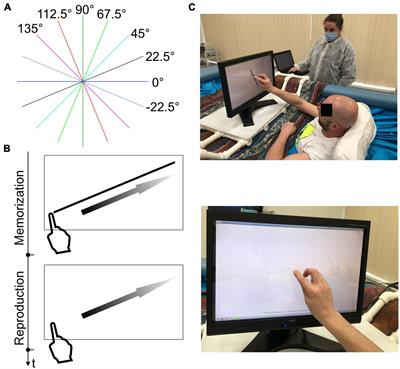CLINICAL TRIAL
Published on 26 Sep 2023
Elevated biomarkers of neural injury in older adults following head-down bed rest: links to cardio-postural deconditioning with spaceflight and aging
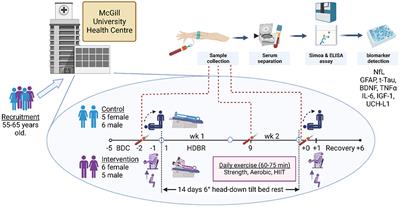
doi 10.3389/fnhum.2023.1208273
- 4,249 views
- 2 citations
8,379
Total downloads
60k
Total views and downloads
CLINICAL TRIAL
Published on 26 Sep 2023

ORIGINAL RESEARCH
Published on 22 Sep 2023

PERSPECTIVE
Published on 17 Aug 2023
ORIGINAL RESEARCH
Published on 31 Jul 2023

HYPOTHESIS AND THEORY
Published on 20 Jul 2023
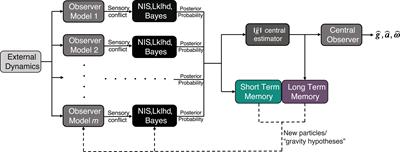
ORIGINAL RESEARCH
Published on 13 Jul 2023
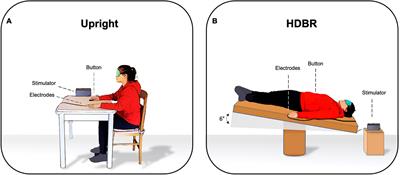
ORIGINAL RESEARCH
Published on 23 Jun 2023

SYSTEMATIC REVIEW
Published on 16 Jun 2023

ORIGINAL RESEARCH
Published on 08 Jun 2023
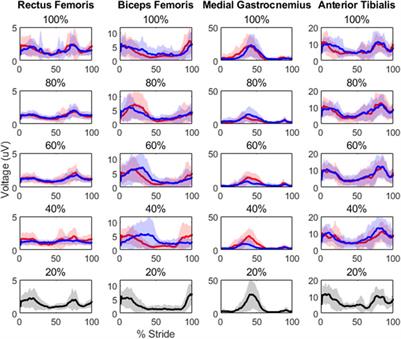
REVIEW
Published on 19 May 2023
ORIGINAL RESEARCH
Published on 17 Apr 2023

ORIGINAL RESEARCH
Published on 12 Apr 2023
